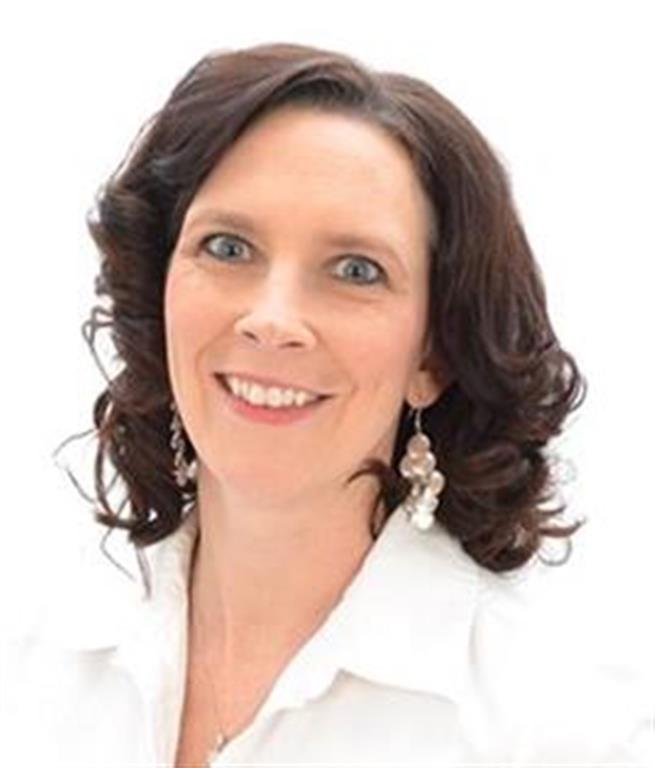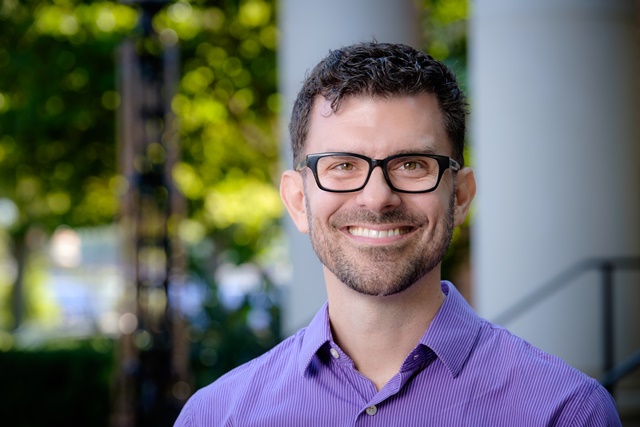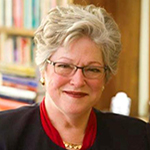By Jeff Brumley
Many who observe Advent struggle finding balance between its call for quiet joy and anticipation in a culture exploding with revelry and unbridled consumerism.
That tension is one of the reasons ministers of formation have jobs. But one Baptist minister said folks shouldn’t set their expectations too high during Advent because the season itself has a touch of stress built into it.
“Where did you get the idea Advent is about peace?” said Victoria Atkinson White, managing director of grants for the Leadership Education initiative at Duke Divinity School, an ordained Baptist minister and the wife of a Baptist pastor.

“It’s the story of a pregnant, unmarried teenage girl in a society where she could have been stoned to death,” she said.
Then her husband puts her on the back of a donkey — “at eight or nine months pregnant” — for an arduous journey to Bethlehem.
“I’ve been pregnant twice and I wouldn’t even want to be in a car,” White said.
Arriving in Joseph’s home town as his pregnant, teenage fiancé would have created “an enormous scandal and a ton of stress,” she said.
The good news is that the season doesn’t require its adherents to be perfect.
“I think Advent is something that starts within and it starts small,” White said. “We don’t have to buy the right gifts or show up to the right parties or even show up at the manger with gold, frankincense and myrrh — we are the light of the world right now as we are.”
But White said she understands the struggle some families face this time of year. She said it can be especially demanding for pastors and their families, who are in demand at every Christmas party.
“The challenge is, what do we do to cultivate community and at the same time maintain some sanity and our own family traditions?” White said.
‘We are not the things around us’
Those are the kind of questions that inspire spiritual formation ministers like Jayne Davis to suggest a range of possibilities.
“These are times when ritual is our friend because it puts us into patterns when everything else is out of its normal pattern,” said Davis, minister of spiritual formation at First Baptist Church in Wilmington, N.C.
She also suggested any activity “that allows us to be in a giving-to-others kind of mode” and which takes “the focus off of self and off of material things.”

One way to do this is to be intentional about paying attention to others, especially those who are marginalized, lonely and “who need to feel the incarnation of Christ in a tangible way,” Davis said.
Other approaches include taking time to be still and silent during the day, and decluttering living spaces.
“There’s something about being reminded we are not the things around us, that we are followers of the one we are looking for during this particular season,” she said.
Practicing active waiting
But attempting these practices can be easier said than done.
“I have a great deal of compassion for those of us who find it difficult to practice active waiting during this season of Advent,” said Christopher Copeland, director of leadership development and spiritual life and assistant professor of the practice of spirituality at Wake Forest University School of Divinity.
The difficulty is that “the cultural messages speak loudly that we are most valued and important when we produce or accomplish something,” he said. “This is echoed and intensified in the season leading up to Christmas, as the cultural norm is to buy more, eat more, do more, go more.”

Practices that can help counter those cultural forces include daily candle lightings, creating home Advent wreaths and giving modest gifts, Copeland said.
“The message of Advent is one of waiting, anticipating, which, it seems to me, is best practiced by stopping and noticing, rather than ‘over-busying’ ourselves,” he said.
Countering the consumerist mindset
Alternative forms of giving is not about creating an either-or mentality that pits Christmas season against Advent, said George Mason, senior pastor at Wilshire Baptist Church in Dallas.

“Make a decision to match customary practices that are cultural with spiritual ones,” he said. “Give a gift to missions equal or greater than the amount you spent on gifts for family or at least to the value of the most expensive gift you are giving.”
It’s also good to follow a daily Advent devotional reading. “It will inculcate a non-consumerist mindset,” he said.
Contemplation and receptivity
Music is another way to enter into the Advent spirit, said Molly Marshall, president and professor of theology and spiritual formation at Central Baptist Theological Seminary in Shawnee, Kan.
Marshall said she does that by “listening to the haunting music of the season, especially those pieces in minor keys that express the longing of the heart.”
“The Advent wreath and accompanying lectionary readings also provide a focus for contemplation and receptivity,” Marshall said.
Giving more than stuff
Adopting new attitudes and actions about Advent can transform the experience of the season, said Amy Butler, senior pastor at Riverside Church in New York City.
For her, it started a few years ago at another church which studied the Advent Conspiracy, an online ministry that encourages less spending while giving and worshiping more during the season. Four families took the challenge and shared their stories.

Butler said she was struck by the powerful stories and since then she’s tried to be more thoughtful about Advent.
It’s also changed her giving habits. Instead of traditional gifts, she gives her young adult children an experience they can share together.
“That’s come to mean more to us than a lot of stuff,” Butler said.
